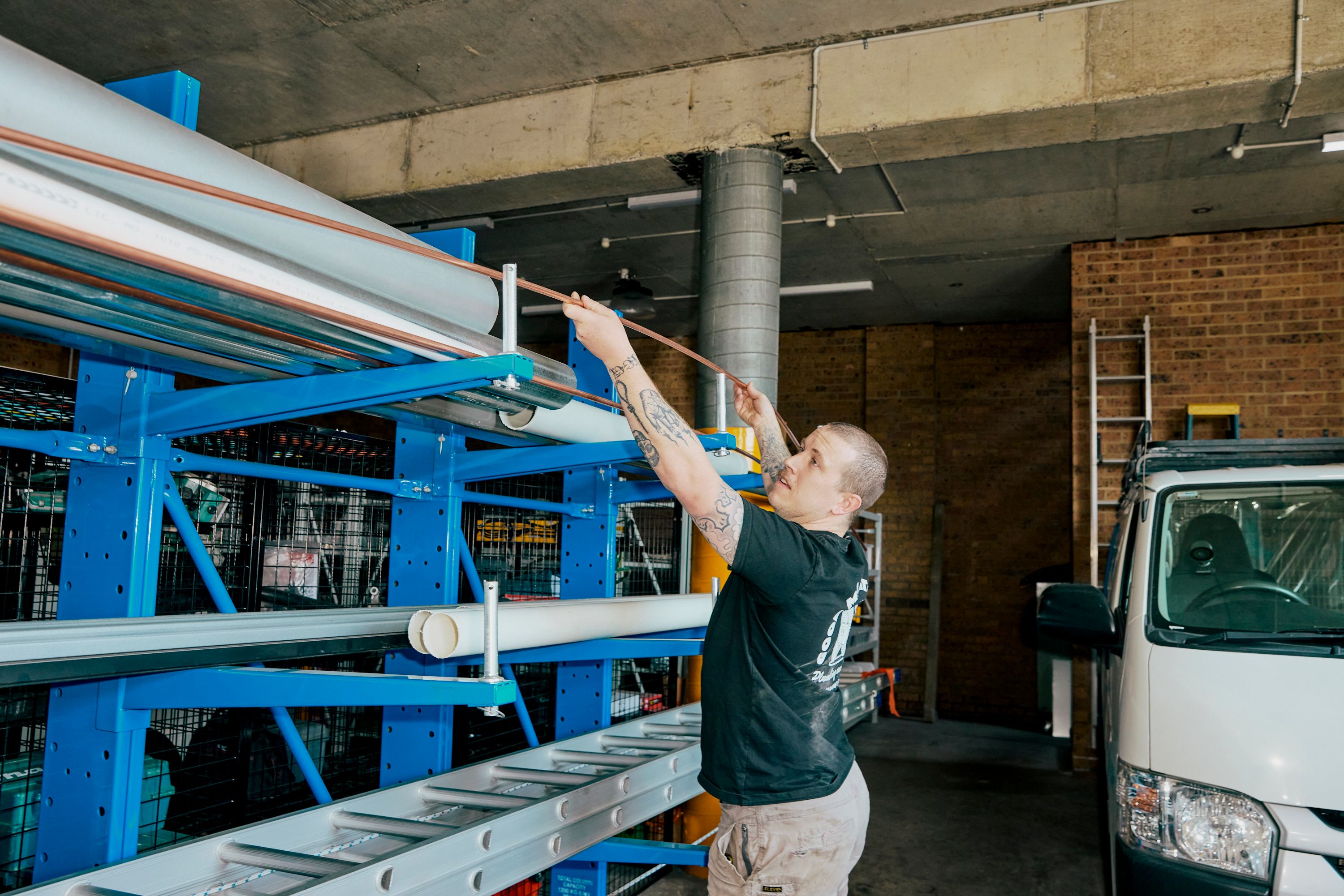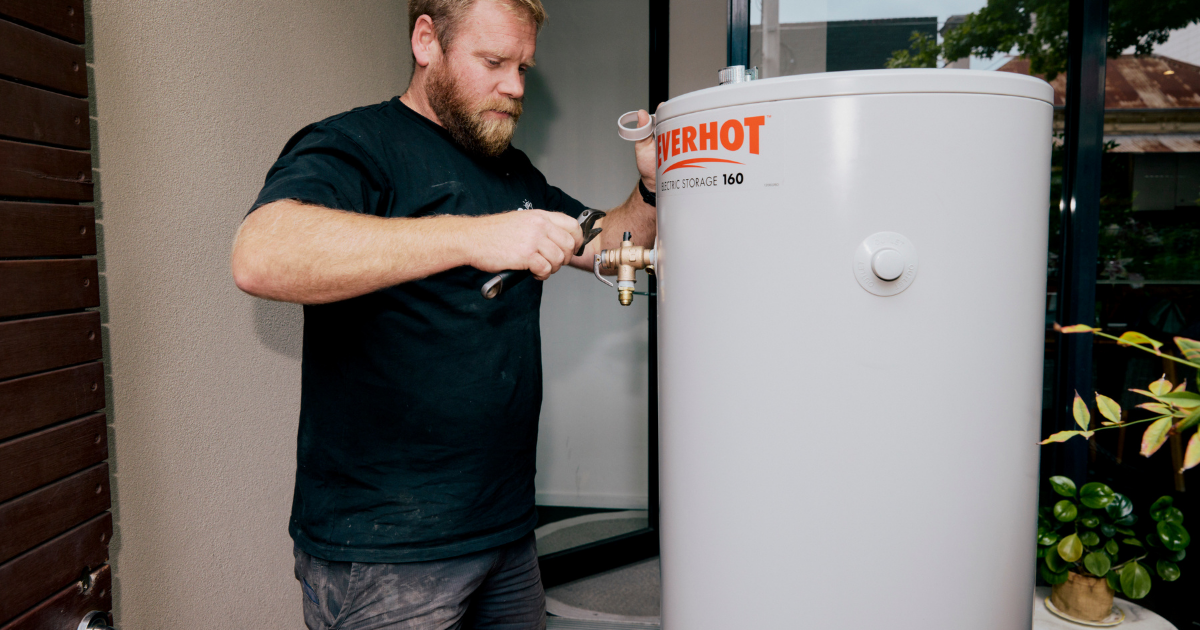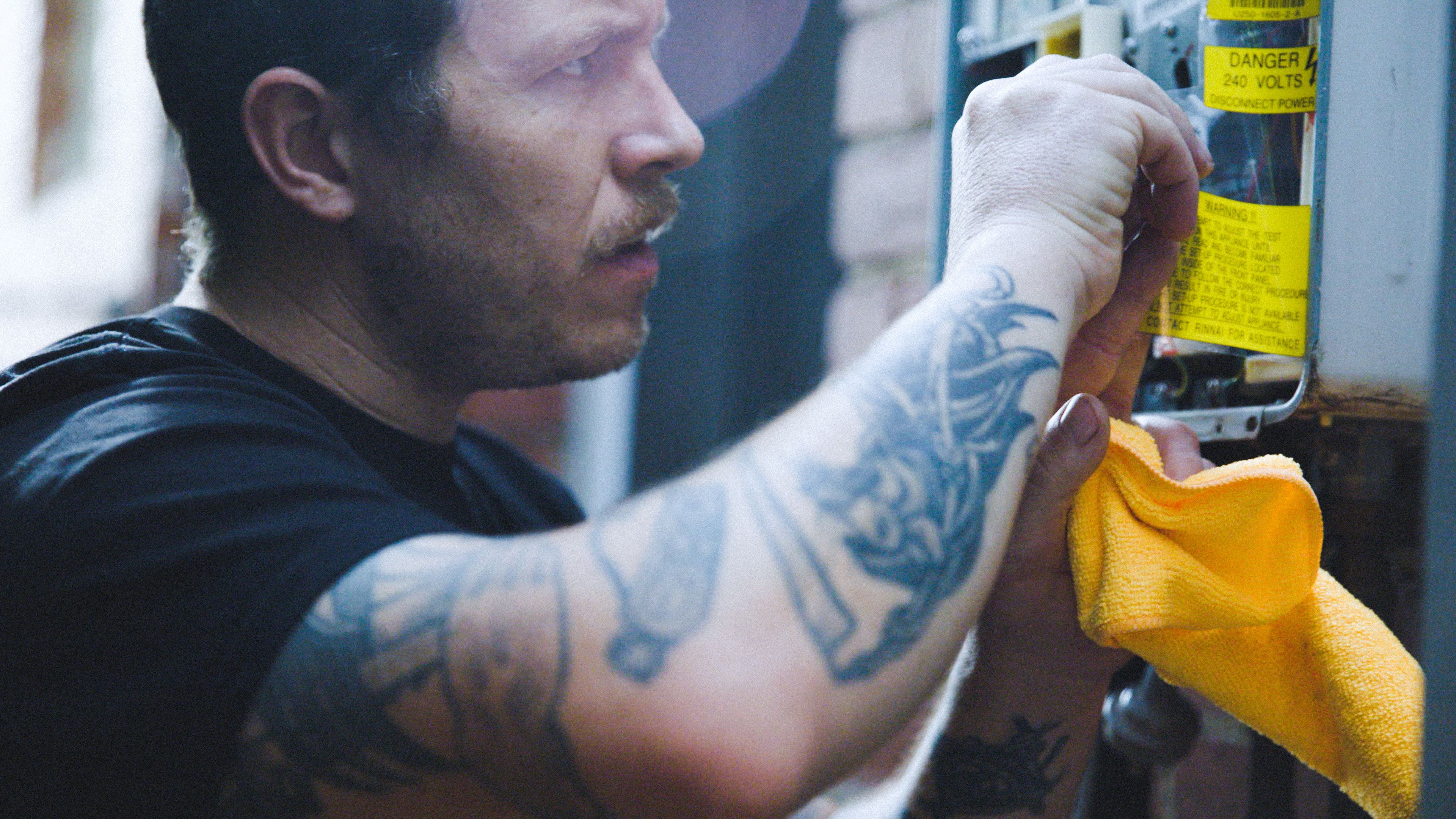What to Do & Who to Call for Emergency Gas Leaks
Gas leaks are serious business, and knowing what steps to take can literally be the difference between life and death.

If you've caught a whiff of something that smells distinctly like rotten eggs, there's likely a gas leak somewhere in your home. Whether you have natural gas or LPG (propane), this isn't the time to play detective or try to channel your inner handyperson.
First things first: It's time to leave
When you suspect a gas leak, your first instinct might be to investigate where it's coming from. Don't. Your only job is to get everyone, including your pets, out of the house.
As you're heading for the exit, resist the urge to flip light switches, unplug appliances, or even use your phone. Any spark from electrical devices could ignite the gas floating around your home. This includes your garage door opener or even something as simple as turning on a flashlight.
If you can safely open windows and doors on your way out without slowing down your evacuation, go ahead, but don't stick around to "air out" the house. The priority is getting to safety, not ventilating the space.
The telltale signs you shouldn't ignore
That rotten egg smell is mercaptan, a chemical deliberately added to naturally odourless gas so you can detect leaks. That being said, you can't always rely on your nose alone. Sometimes, the smell fades, or certain soil conditions can actually strip away the odorant as the gas travels underground.
Gas escaping under pressure often makes a distinct hissing, whistling, or roaring sound near appliances, pipes, or your gas meter. Outside, you might notice dead patches of grass above underground gas lines, bubbling water in puddles, or even frozen ground when it should be warm.
Your body can also give you warning signs. Headaches, dizziness, nausea, or feeling unusually tired could all indicate you're breathing in gas instead of oxygen. Even your pets might act agitated or lethargic if they sense something's wrong before you do.
Who to call when you're safe
Once you're a good distance away from your home, it's time to start making calls. Your first call should be to emergency services, as they'll coordinate the immediate response and can dispatch fire trucks if needed.
Your second call goes to your gas utility company. They are responsible for the gas lines leading up to your meter and have specialised equipment and training to shut off your gas supply safely. Most of these companies have 24/7 emergency hotlines specifically for situations like this.
Here's where many people get confused about who does what:
The utility company handles everything up to and including your gas meter. But if the leak is in the pipes inside your property, from the meter to your appliances, that's where you'll need a licensed gas fitter or qualified plumbing contractor like the ones at Good Maintenance.
Why going pro is essential
You may be pretty handy around the house, but when it comes to gas issues, professional help is non-negotiable. Licensed gas professionals have training far beyond YouTube tutorials and advice from your mates. They understand gas properties, system mechanics, and safety protocols developed through years of industry experience. They can tell the difference between natural gas and naturally occurring marsh gas, preventing unnecessary and expensive excavation work.
The tools we use, for example, are in a completely different league from anything you have in your garage. We're talking about electronic gas detectors that can pinpoint leaks even when your senses fail, infrared analysers, and flame ionisation detectors that can detect minute gas concentrations. These aren't gadgets you can pick up at your local hardware store.
Most importantly, gas work is heavily regulated for good reason. Licensed professionals ensure all work meets local building codes and safety standards while obtaining the necessary permits and providing official compliance certificates. Try to DIY this repair, and you could face serious legal issues, voided warranties, and insurance nightmares if something goes wrong down the line.
The hidden dangers you can't see
Even after a gas leak is fixed, there's another silent threat to consider: carbon monoxide. This colourless, odourless gas is produced when gas appliances don't burn fuel completely, often due to poor maintenance or blocked ventilation. Unlike a gas leak, you literally cannot detect carbon monoxide without specialised equipment.
Professional gas technicians test for carbon monoxide emissions using specialised analysers. This comprehensive approach addresses dangers that you simply cannot identify on your own.
Prevention is worth way more than a cure
The best gas leak is the one that never happens. Schedule annual professional inspections of your gas appliances and lines with good Maintenance, and rest easy knowing your home and family are secure. We also recommend installing gas leak detectors and carbon monoxide detectors in your home, especially near sleeping areas.
If you're planning any digging projects, always call Before You Dig Australia at least two business days beforehand. Hitting an underground gas line can result in massive fines, legal liability, and, of course, danger.
As long as you can recognise the signs of a gas leak, get to safety, and let the professionals handle the rest, you'll be able to enjoy gas in your home safely. Call Good Maintenance today to make sure your system is secure!

